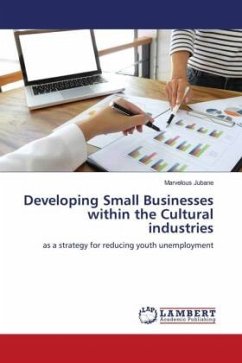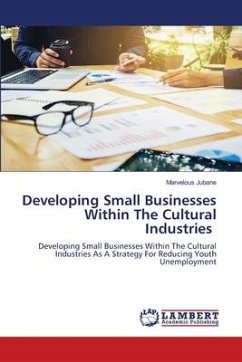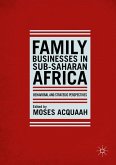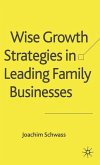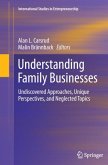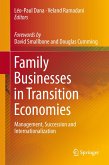Revision with unchanged content. Family business studies can benefit from research attention focused on successors. Researchers have proposed that founder leadership has an overshadowing affect on subsequent generations in the family business and is central to the formation of organizational culture. However, in the case of the succeeding generation, there is a lack of research or even speculation concerning the style of leadership employed by the successor. The issue of successor leadership is complex because this individual may not have the same motivation for entering the business as the founder before him. I propose that this individual enters the family business to sustain the firm or perhaps to grow the firm, more as a manager than as an entrepreneur. This study makes two contributions to the family business literature. First, it explicitly incorporates leadership theory more fully into the context of family business. Second, it fills a gap that exists in the family business literature created by a focus on the leadership style of the founder to the exclusion of the leadership style of subsequent generations. This book is directed toward family business researchers, practitioners, and stakeholders.


